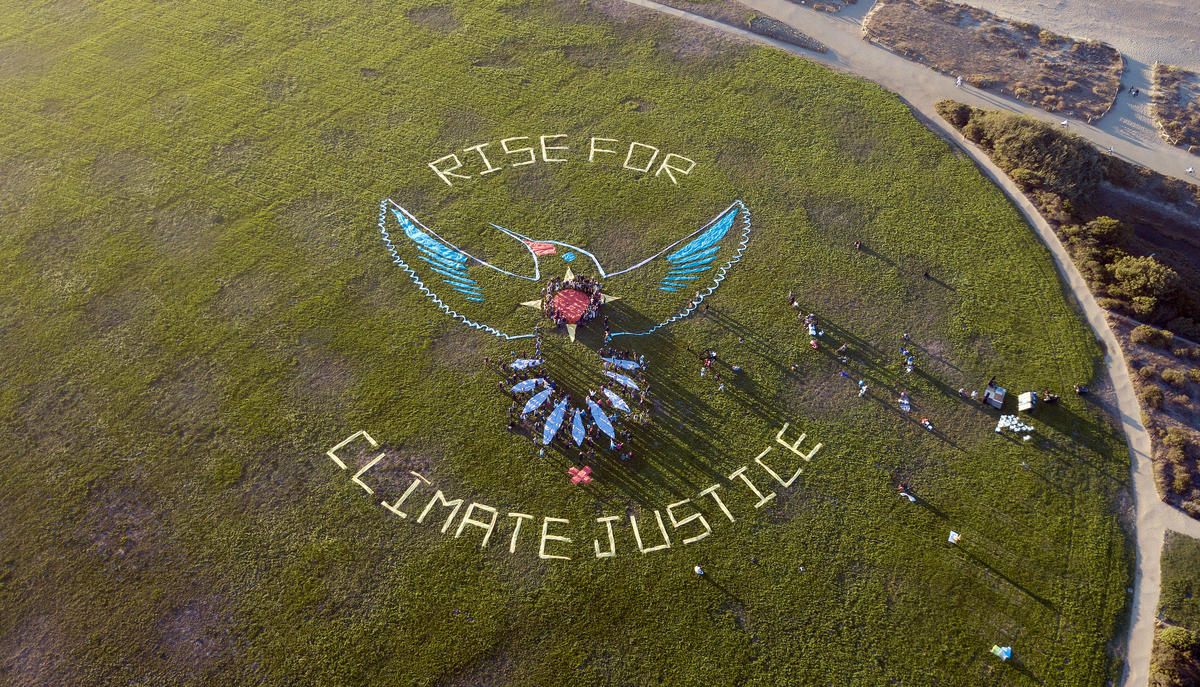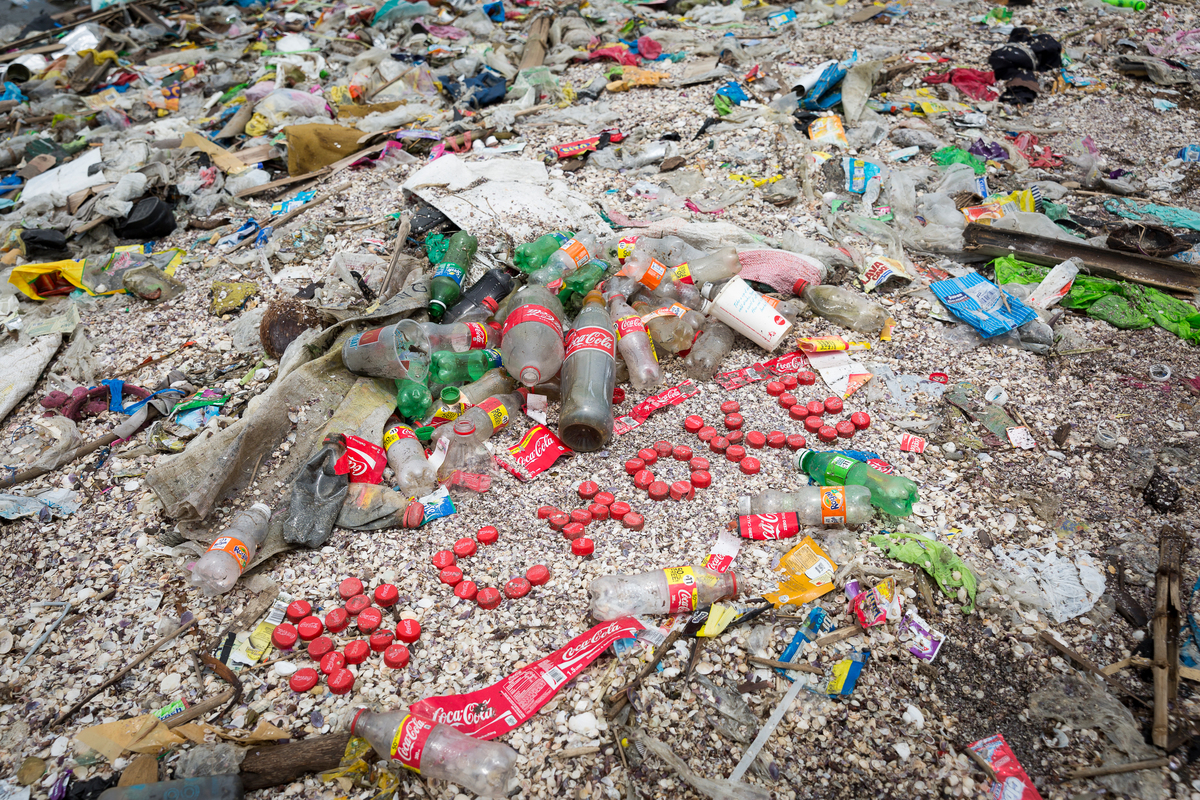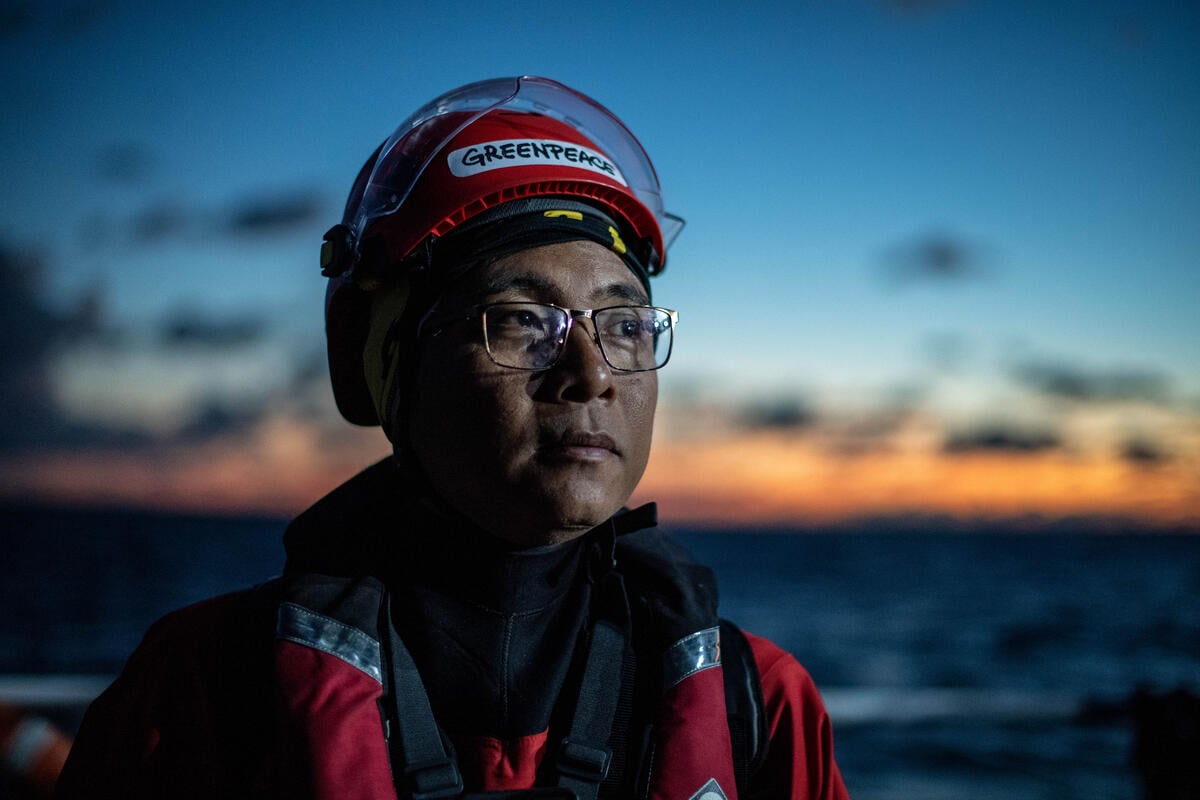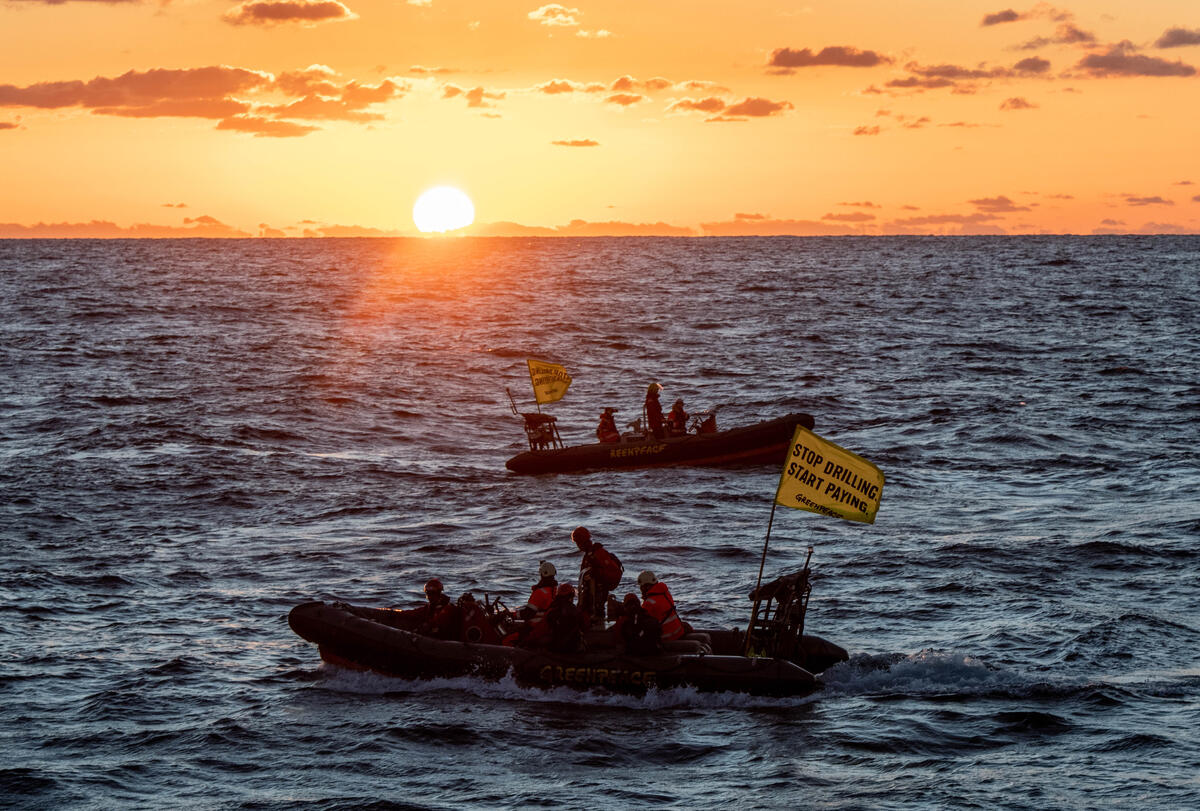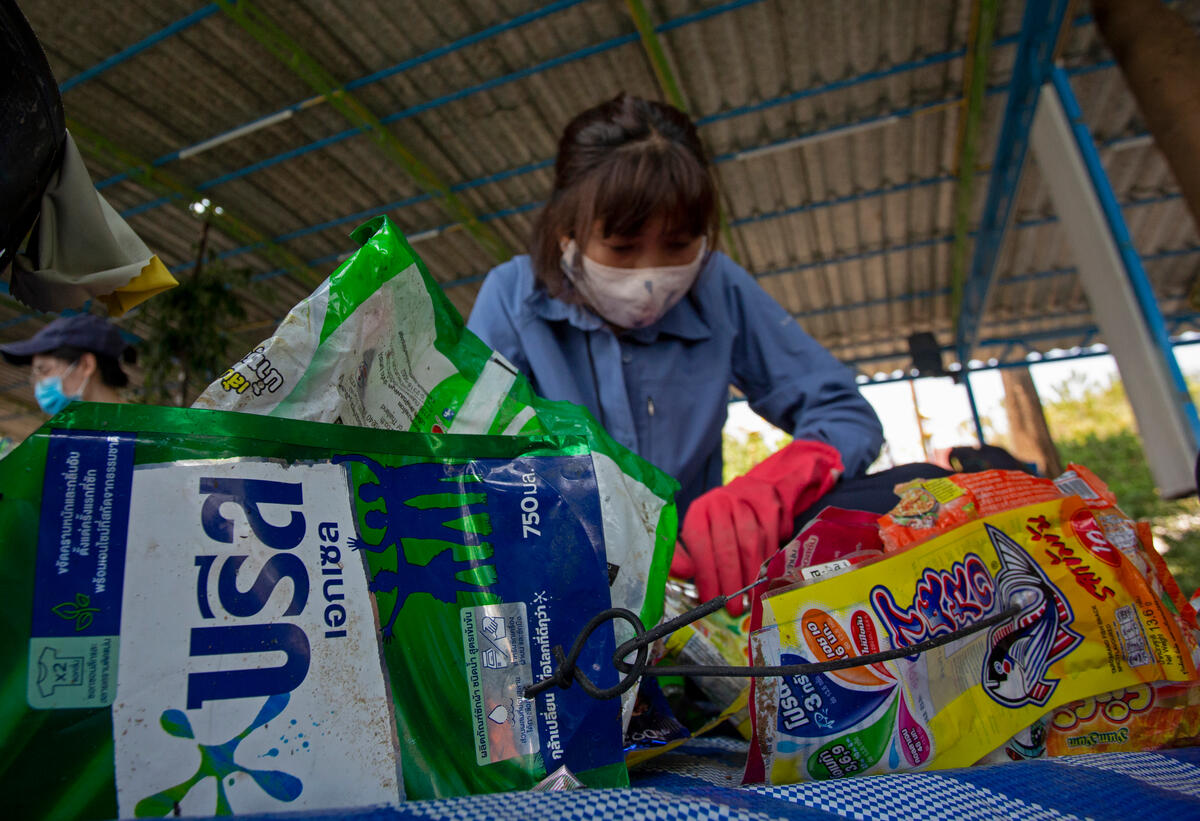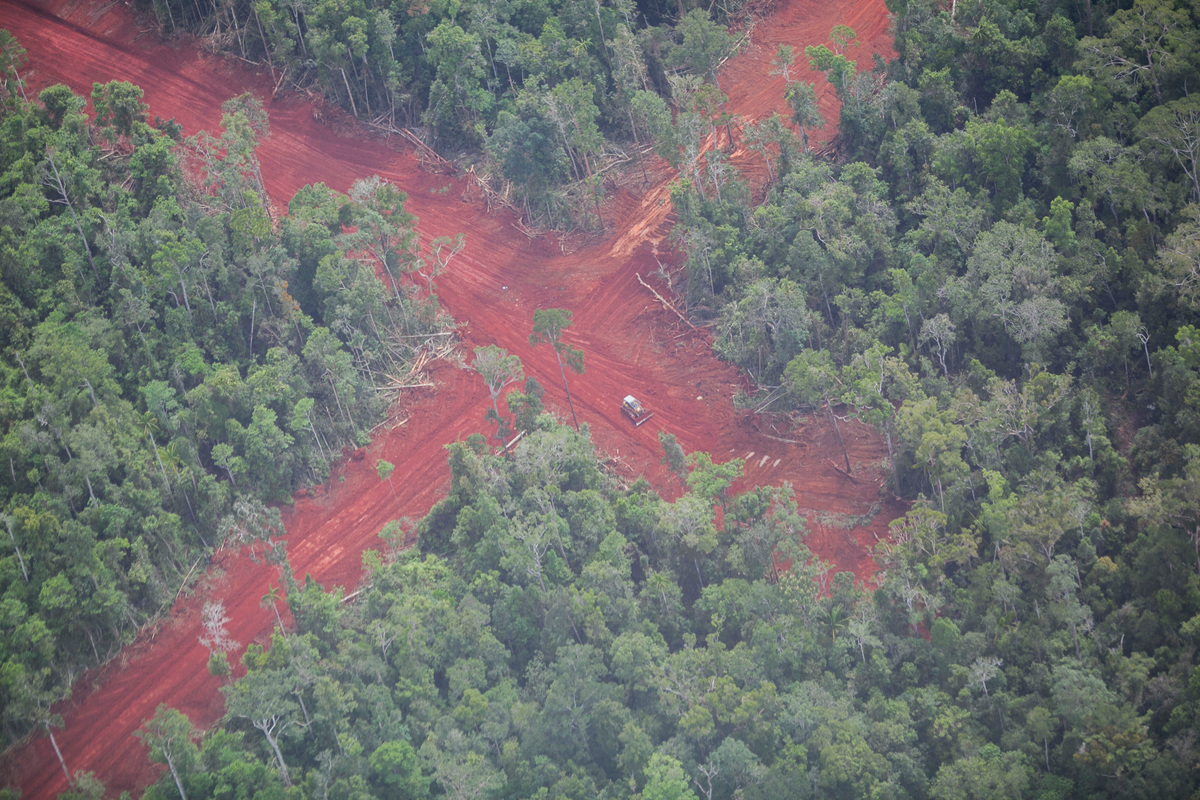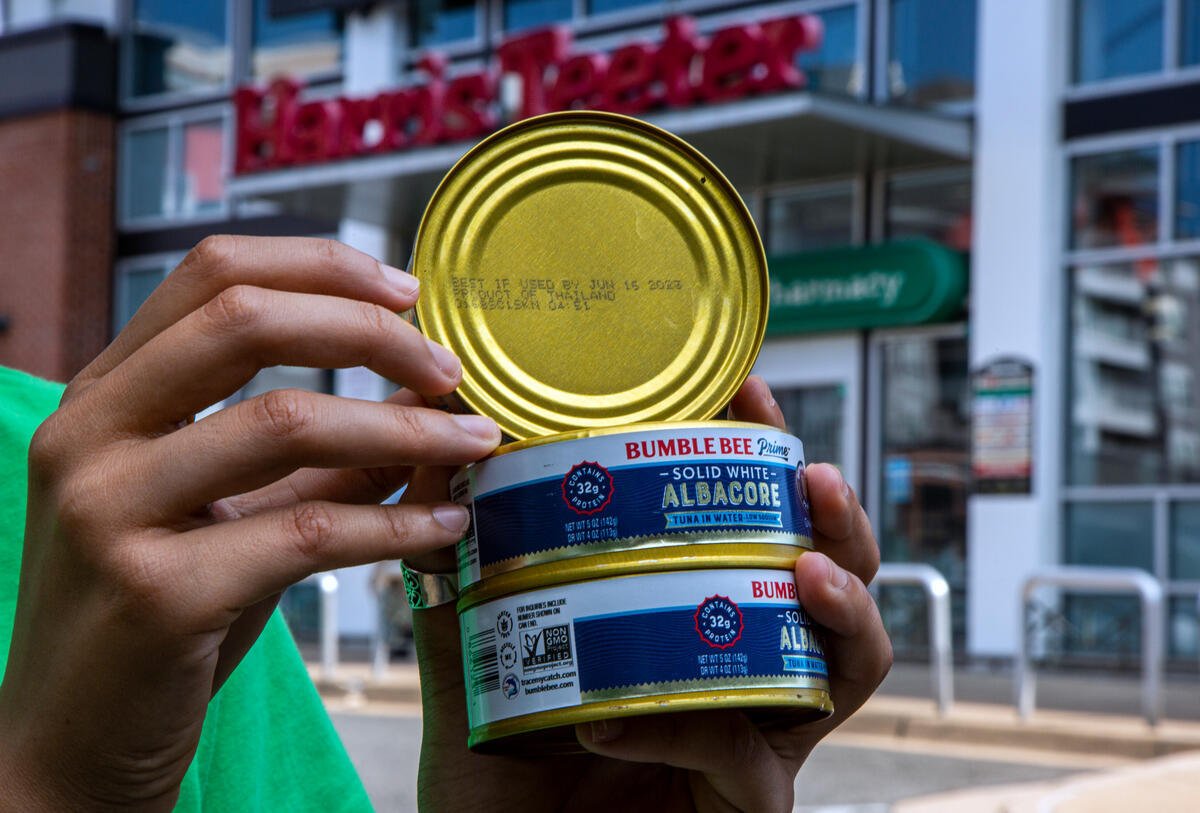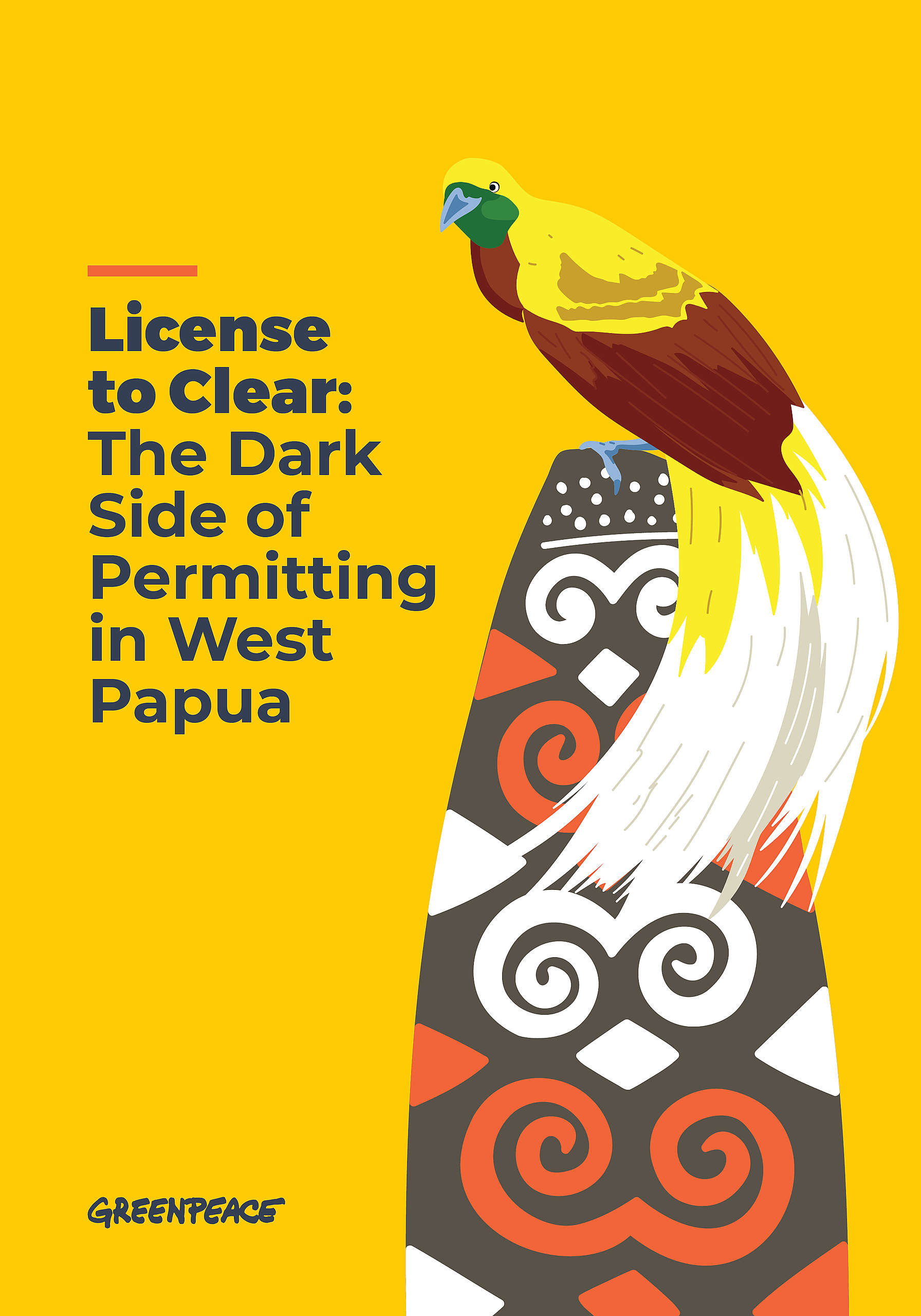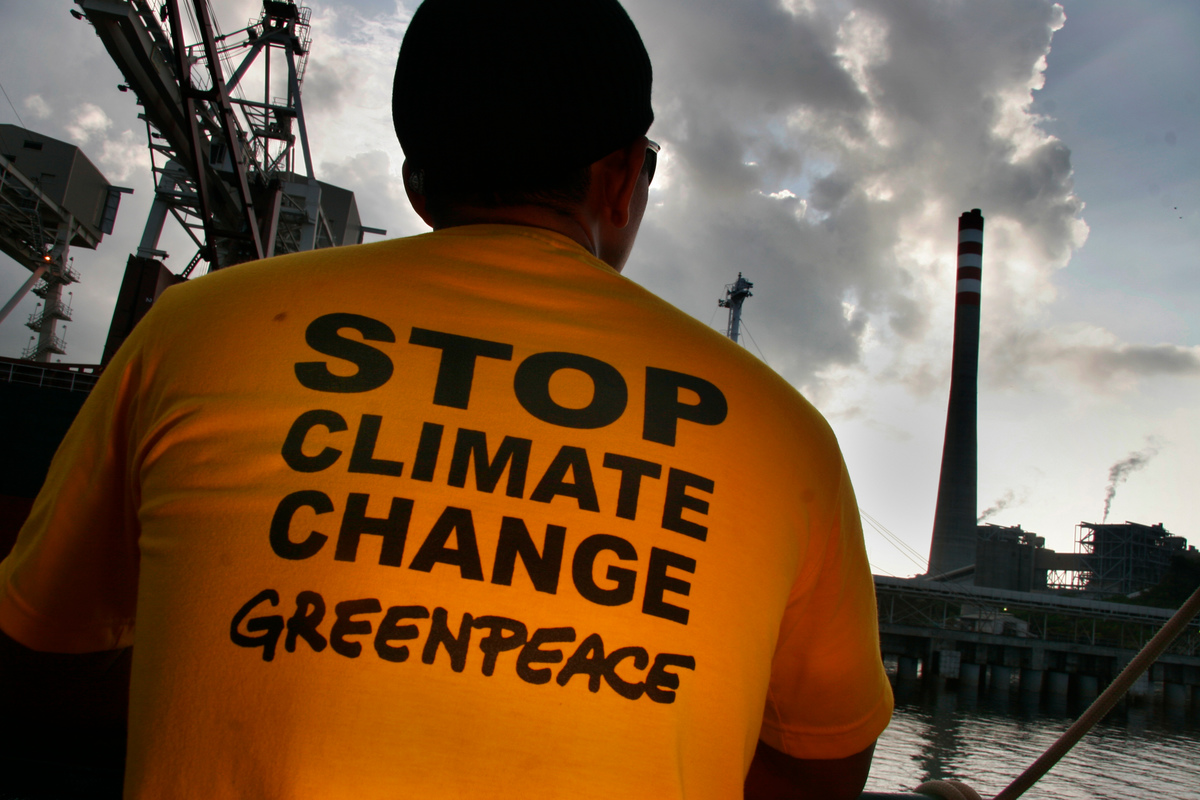-
Greenpeace Philippines statement on the adoption of a historic UN General Assembly Resolution for an Advisory Opinion on Climate Change from the International Court of Justice
This landmark resolution vindicates the work of communities in the Philippines who have long stood up for climate justice and to defend their rights in the face of climate impacts caused by the activities of rich nations and fossil fuel companies.
-
Greenpeace Philippines calls for reduced plastic production and corporate commitments to shift to reuse systems on first International Day of Zero-Waste
We can’t speak of sustainability while our systems and business models still rely on harmful materials and finite resources like plastics and the fossil fuels which they’re made of. Corporate and government actions for reduced plastic production and reuse must happen.
-
UN Ocean Treaty in jeopardy as countries refuse to compromise
UN Ocean Treaty negotiations are once again stalling as they enter the final week. A gear shift is urgently needed to resolve these talks by Friday.
-
I’ve lost loved ones to climate change and I want big oil companies to pay – Yeb Saño reflects on Shell protest
Despite the devastation I’ve seen, I feel great joy to be part of the climate movement. I feel the profound hope of a sustainable future, and I feel proud to speak up against the false narrative peddled by the fossil fuel industry.
-
Greenpeace climate justice activists board and occupyShell platform en route to major oilfield with message: ‘STOP DRILLING. START PAYING.’
Shell must stop drilling and start paying. We’re taking action today because when Shell extracts fossil fuels it causes a ripple of death, destruction and displacement around the world, having the worst impact on people who are least to blame for the climate crisis.
-
C.P. Group named ‘Top Thai Brand’ with the most number of plastic waste produced based on a 5-year Brand Audit 
One thing is clear: Plastic pollution must be stopped at the source. Corporations and brands must end their plastic addiction, otherwise, we will never be able to recover from years of systemic plastic pollution.
-
Transparency, Indigenous Rights Need Inking in to Indonesia-Norway Forests Agreement
As representatives of Indonesia and Norway work over the coming weeks on the details of a renewed climate partnership, Greenpeace Indonesia points to some important issues for inclusion to ensure the agreement does help to bring about urgently needed change to Indonesia’s trajectory of deforestation.
-
How trustworthy are seafood brands…really?
For groups that have spent years monitoring and documenting human rights abuses in the seafood supply chain, it comes as no surprise that despite the claims and promises from seafood brands meant to instill consumer trust and confidence, that is not always the case.
-
Licence to Clear
This report urges national and provincial governments in Indonesia to seize a fleeting opportunity to intervene in a vast area slated for deforestation for palm oil in Papua Province.
-
Job Opening: Regional Campaign Strategist (Climate and Energy)
The Regional Campaign Strategist (Climate and Energy) serves as the regional coordinator, team leader, and strategist for Greenpeace Southeast Asia’s (GPSEA) Climate and Energy campaign, overseeing and spearheading the strategic…

